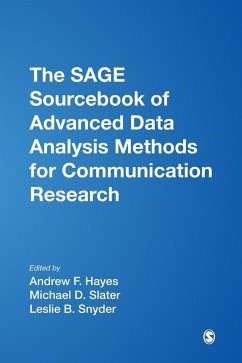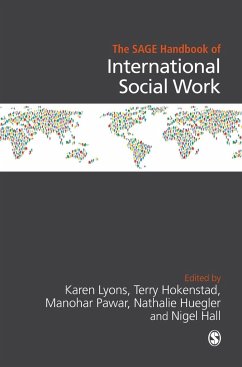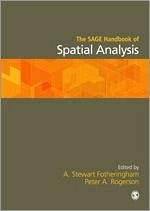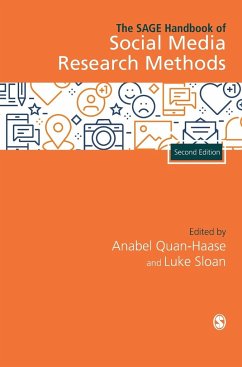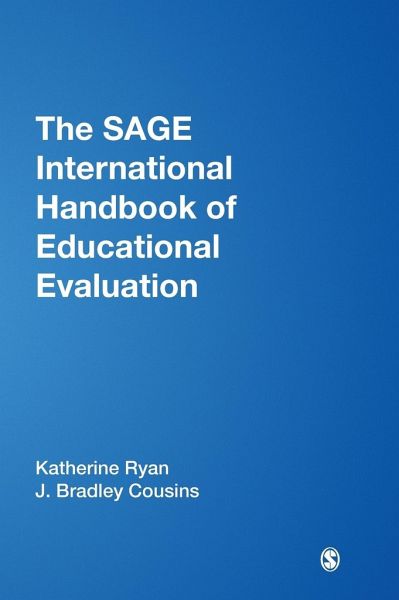
The SAGE International Handbook of Educational Evaluation
Versandkostenfrei!
Versandfertig in 1-2 Wochen
162,99 €
inkl. MwSt.

PAYBACK Punkte
81 °P sammeln!
Bringing together the expertise of top evaluation leaders from around the world, The SAGE International Handbook of Educational Evaluation addresses methods and applications in the field, particularly as they relate to policy- and decision-making in an era of globalization. The comprehensive collection of articles in the Handbook compels readers to consider globalization influences on educational evaluation within distinct genres or families of evaluation approaches. Key FeaturesDiscusses substantive issues surrounding globalization, and its implication for educational policy and practice and ...
Bringing together the expertise of top evaluation leaders from around the world, The SAGE International Handbook of Educational Evaluation addresses methods and applications in the field, particularly as they relate to policy- and decision-making in an era of globalization. The comprehensive collection of articles in the Handbook compels readers to consider globalization influences on educational evaluation within distinct genres or families of evaluation approaches. Key FeaturesDiscusses substantive issues surrounding globalization, and its implication for educational policy and practice and ultimately evaluation; Includes state-of-the-art theory chapters and method chapters within scientific, accountability-oriented, learning-oriented, and political genres of evaluation approaches; Provides real-world case exemplar chapters to illustrate core concepts within genres; Extends dialogue on controversial topics and contemporary educational evaluation tensions in the context of globalization; Summarizes, by means of an integration chapter, the issues, tensions and dilemmas confronting educational evaluators in an era of globalization. Serving as a state-of-the-art resource on educational evaluation, this volume is designed for graduate students, evaluation scholars and researchers and professional evaluation practitioners with an interest in educational program and policy evaluation.








